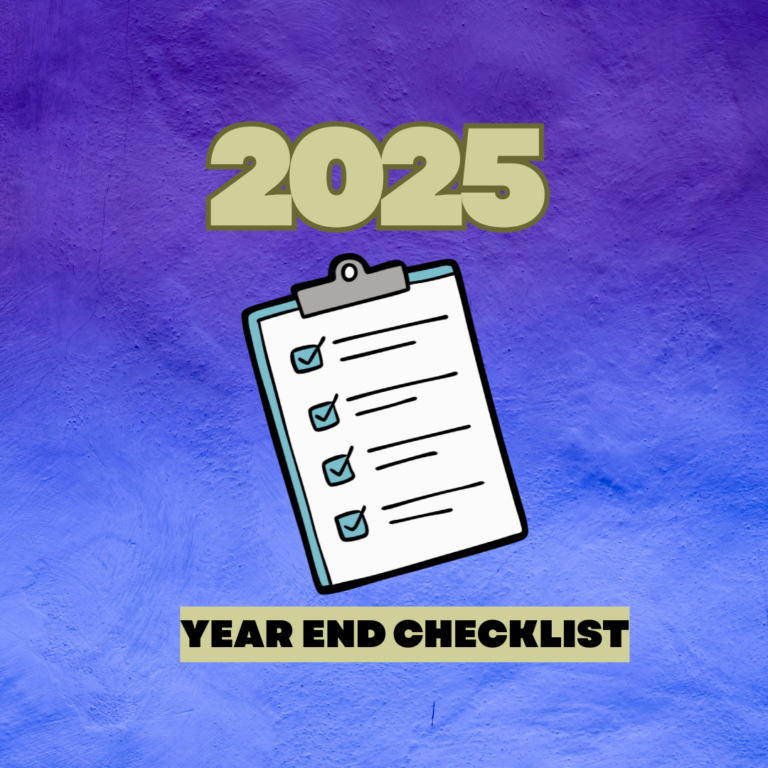

This blog will cover the basics about Medicare for expats. This is useful for expats leaving the US and looking to live abroad. Enrolling in Medicare from abroad can be a challenge, a decision that creates many questions regarding the proper coverage and plan type. How do you know where to start?
For the purposes of this blog, we will be discussing Parts A and B of Medicare. We’re about to get into that – but first, we’ve written these blogs about moving to and living in Israel which you may enjoy as well:
Checklist for moving to Israel
Financial planning for US citizens living abroad
Selling a house in Israel as a US citizen
Medicare for expats – Parts A and B
Let’s start by covering a basic question: What are Medicare Part A and Part B? Part A covers hospital stays for people on Medicare. Most people do not pay a premium as long as they or their spouse have worked for at least 10 years. The typical age of enrollment is 65.
Medicare Part B covers doctors’ visits and outpatient services, and people need to enroll at 65 or within eight months after losing employer coverage.
If you happen to be living overseas when you turn 65 and if you worked at least 10 years in the US, then Part A will be premium free and enrolling makes sense as there is no cost.
With Part B, there are a few more considerations to ponder in the question of how expats should handle Medicare, as each option will apply to everyone’s situation differently.
First, if you are an expat who is already on Medicare and you move overseas, you will need to decide if you want to keep paying Part B premiums (which for 2022 start at $170.10 a month). This decision comes down to whether or not you plan on traveling back to the US often and how long you plan to stay. If you think you may come back often and stay for more than 30 consecutive days at one time, keeping Part B and paying the premiums may be worth it so you do not get stuck without coverage, or you do not have to try and enroll every time you think you may come back to the States. Conversely if you think you may only come back a couple of times a year for maybe a week or two, then looking into a travel policy may make sense.
What if you’re already overseas at 65?
The more complicated decision about Medicare for expats comes for those who are overseas when they turn 65. If you are working, and have insurance, through your employer, a national health plan or a volunteer organization, then you do not need to do anything when you turn 65.
However, once you do stop working, then you will need to decide if you want to apply for Medicare or not. The decision really comes down to if you plan to come back to the US to visit or if there is a chance you could move back later. If you do not think you will move back to the States on a permanent basis, then you may be better off forgoing Medicare and just getting a travel plan, as mentioned above. if you do travel back for short periods from time to time. If you do think you may travel back to the US often and for longer stays, then as mentioned before enrolling in Medicare and paying the Part B premiums could make sense.
Lastly, if you think there is a good change you could move back to America on full time basis in the future then you would want to sign up for Medicare Parts A and B when you are eligible. This way you avoid the late enrollment penalty, which is 10% of your premium for every 12-month period you were not enrolled. For example, if you move back 36 months after you were eligible to sign up for Medicare, then your monthly Part B premium would have a 30% penalty attached to your monthly premium.
Need any help on your expat Medicare journey?
Medicare enrollment and options for expats can be confusing, and even more so for people looking to move or who are overseas. We hope you’ve enjoyed our review of how Medicare Parts A and B can be utilized by expats. Much of your decision about how to use Medicare as an expat depends on how much time, if any, you plan to spend in the US.
Your expat Medicare journey may be a complicated one – and if you need help, there are resources you can draw upon who are familiar with situations like yours. We are expat financial advisors located in Israel and the US, serving expats globally. If you are moving to Israel or another country and don’t know where to start when it comes to the financial side of things, or need help figuring out Medicare as an expat, please contact us.
If you would like to receive our updates, please sign up for the Nardis Advisors newsletter.
SUBSCRIBE to the Nardis Advisors YouTube channel or ongoing updates related to the markets, economy, and finance for expats.
CONTACT US to schedule a time to speak with Nardis Advisors regarding your portfolio and personal financial plan.
Norman H. Chait, CFA, Managing Principal, Nardis Advisors LLC, September 29th, 2022.
Disclaimer
Nardis Advisors LLC (“Nardis”) is a Registered Investment Advisory Firm regulated by the U.S Securities and Exchange Commission in accordance and compliance with applicable securities laws and regulations. Nardis does not render or offer to render personalized investment advice through this medium. The information provided herein is for informational purposes only and does not constitute financial, investment or legal advice. Investment advice can only be rendered after delivery of the Firm’s disclosure statement (Form ADV Part 2) and execution of an investment advisory agreement between the client and Nardis.
Sources
Medicare.gov. 2022 Medicare Costs. https://www.medicare.gov/Pubs/pdf/11579-medicare-costs.pdf






